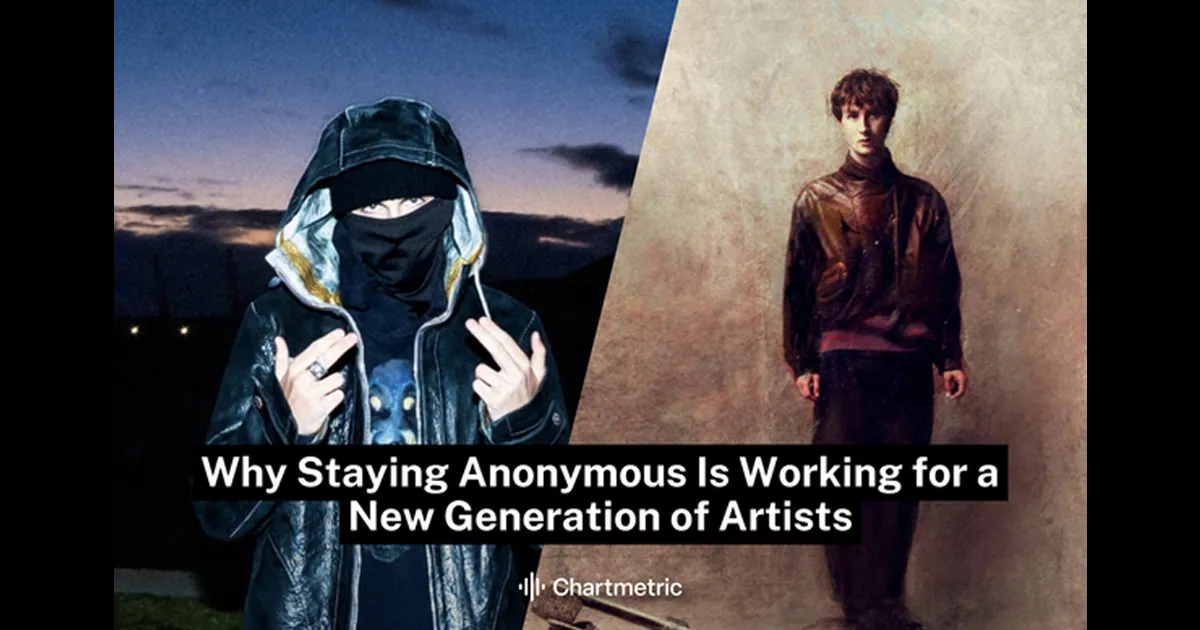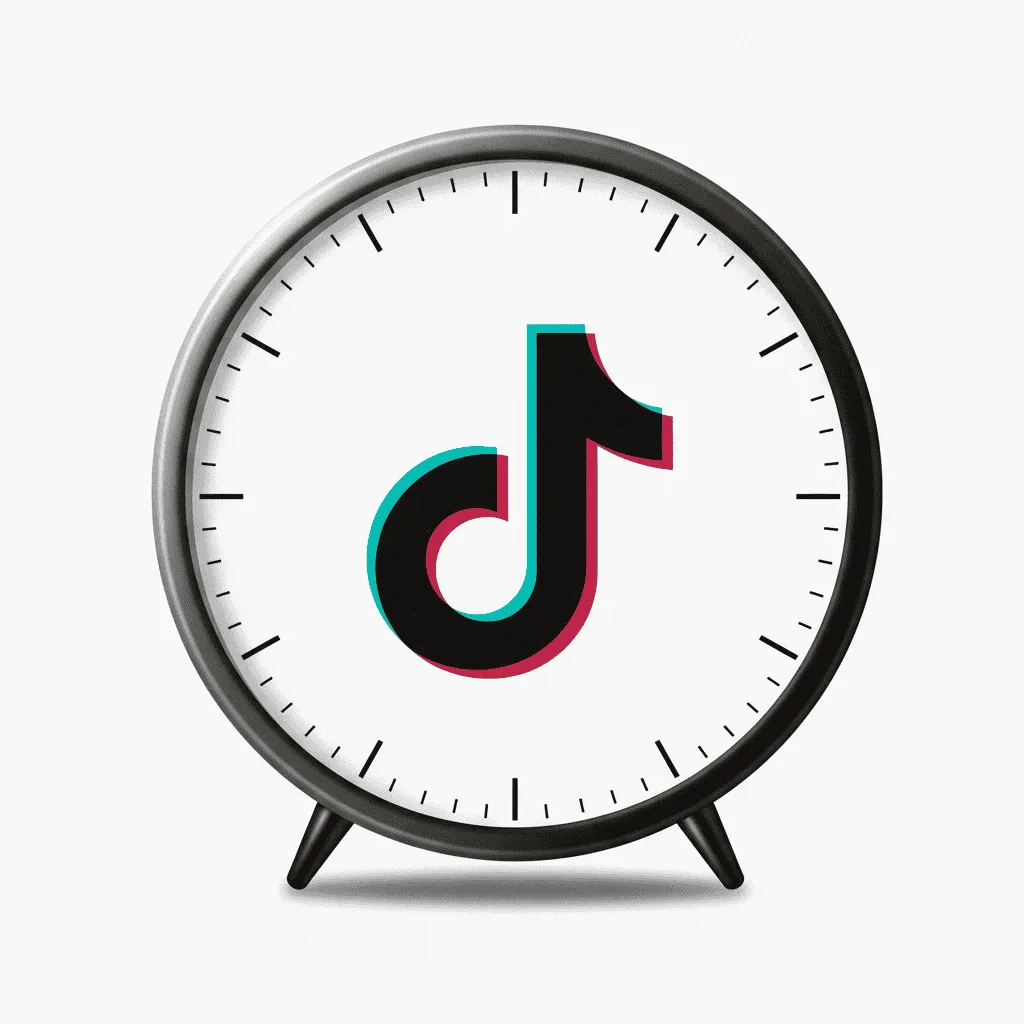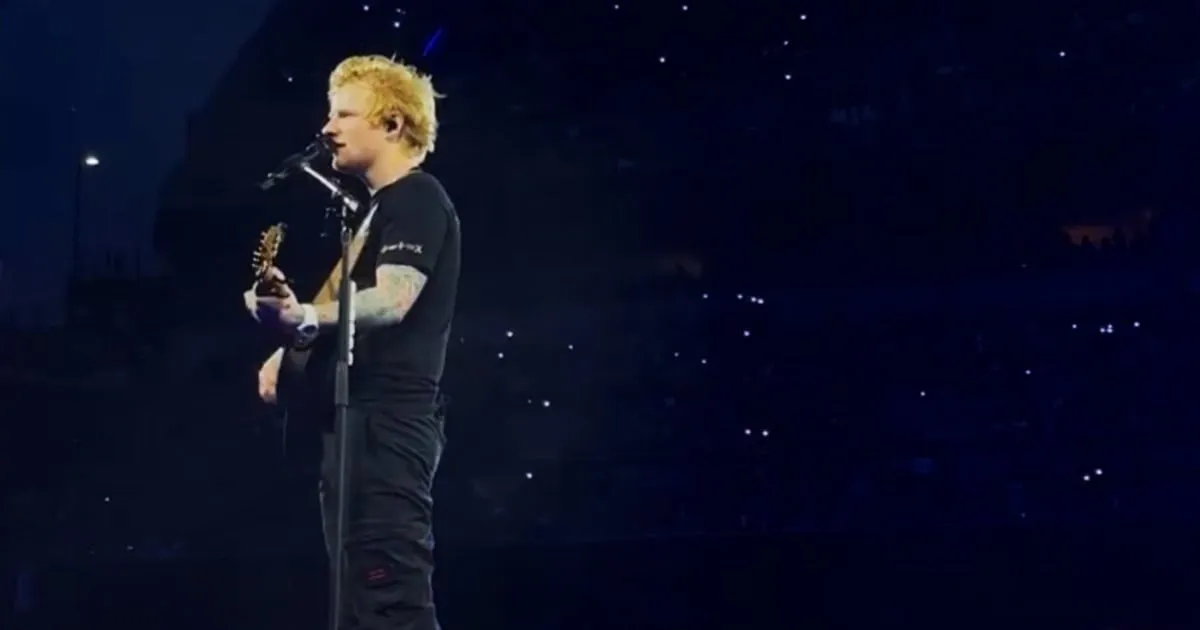This post is by cultural critic and essayist Eric Casero.
We are all well aware by this point in time that the music industry is undergoing a process of massive change. As popular music continues to evolve and change as a form (or series of forms), technological evolution continues to alter the ways in which we consume music.
Currently, music consumption is changing in several ways. Not only is what we consume (types and genres of music) and how we consume (whether through physical or electronic media) changing, but so is the very experience of music consumption being altered in ways both perceptible and imperceptible. This piece will aim to elucidate some of the ways that the experience of music consumption is changing and what this means for consumers (and, by extension, producers) of music in the present day.
"the purpose here is to analyze the cultural environment within which the current music market is situated."
Before beginning, I will present the following disclaimer: I am not an expert on the music business. As such, the purpose of this piece is not to develop business and/or marketing strategies. Instead, the purpose here is to analyze the cultural environment within which the current music market is situated. Of course, this is not to say that new business strategies may not emerge from this analysis at some point.
In this piece, I argued that technological development is encouraging listeners to adopt a more “critical” perspective toward music, as opposed to the perspective of a music “fan.” The very cultural and media environments within which we listen to music encourage this perspectival change. For example, an electronic music library such as iTunes presents a large set of musical pieces (albums and/or songs) to a listener as a kind of single, unified whole. This constitutes a fundamental change in the ways that we perceive music on the cognitive level. Whereas in previous media eras, we tended to perceive songs in small sets (albums) or individual units (singles), today we have more of a tendency to perceive music in large sets. I should emphasize that this is not an absolute change from previous eras, but a change in degree; that is, the tendency to perceive music within larger and larger sets has evolved gradually over time.
This tendency toward “critical” listening is also part of a general historical tendency of language itself, in which new, more complex language systems evolve out of older systems. Manuel De Landa, in A Thousand Years of Nonlinear History, discusses this phenomenon when he writes that
once certain high frequency co-occurrences have become obligatory constraints, speakers being to construct new patterns by analogy to previously institutionalized ones. Prior structures could also proliferate by recursion: operator-argument pairs, for example, themselves could be made the argument of a higher-level operator. Hence, positive-feedback loops develop where structure (consolidated accumulations) favors accretions, which in turn generate further structure.
In other words, new language structures tend to recursively evolve out of older, existing structures. The history of music consumerism serves as a concrete example of this process. Although the practices of music consumerism have remained the same in many ways, they have also continued to produce newer structures of experience at the cognitive level, which are starting to tend more and more often toward a “critical” mode of listening.
"[American Idol's] popularity seems to suggest that the music-consuming public is becoming increasingly interested not just in music itself, but the process that goes into creating and marketing said music."
I will provide some examples, in order to make this idea more concrete. Perhaps the most prominent example of the ways in which this “critical” mindset has increasingly predominated American music consumerism is the television program American Idol. Idol is, of course, a cultural phenomenon in its own right, but for the purposes of this piece, I am most interested in what the show demonstrates about the general state of American music consumerism. The show’s popularity seems to suggest that the music-consuming public is becoming increasingly interested not just in music itself, but the process that goes into creating and marketing said music. As Pitchfork Media’s Tom Ewing writes here,
"American Idol" and the whole global merry-go-round of reality TV pop properties are more than just hit shows– they're the largest and most public acts of rock criticism ever committed. They take the "everyone's a critic" truism and say, "Yes, and what's more, we trust you to be good critics on our terms– to an extent." The show mixes a series of performances with a series of arguments– amongst the judges, between judges and performers, between judges and the public, and across a million blogs, message boards, offices, and living rooms. All the arguments are about the same thing: What makes a star?
As Ewing suggests, a show like Idol seems to demonstrate an increasing public fascination with the criticism, argumentation, and process of making music, as opposed to the music itself. Of course, the music itself is still significant, but the public’s continuous fascination with the show suggests that the “critical” aspect of music consumerism is becoming increasingly prominent. Once again, I am arguing that this process is happening by degrees, not that some kind of absolute historical divide has occurred.
This tendency to focus on the conversation surrounding music, music production, and music consumption seems to be present in just about all aspects of American culture. In the entertainment industry, this tendency manifests itself in form of celebrity gossip (including celebrities who are more famous for their roles as gossip subjects than for their actual work). In politics, we see an increasing public fascination with news media and the ways in which politics are covered and discussed. All of these phenomena are, of course, related to the increasing proliferation of electronic media in the 20th and 21st centuries; as the internet and worldwide connectivity continue to become a larger part of our daily lives, the role of the collective, “hive mind” in our lives also increases.
This tendency has also manifested itself at a more “micro” level of music consumption and music marketing, at which blogs and aggregators (such as Pandora) have played increasingly prominent roles in the process of discovering new music. In the past, this role has been played by radio and the press (and still is to an extent), but the increase in volume and speed of communication provided by digital media has contributed to an increased emphasis on the “hive mind” and conversation surrounding music and music consumption.
"music criticism has always been influential in breaking new artists, but it seems that in the current age, this influence has become more prominent and seems to have a more direct effect on the music market."
This emphasis can be felt in what seems to be the increasing influence of music criticism in the consumption patterns of the music-buying public. As this Wired piece suggests, a website like Pitchfork now seems to be able to single-handedly make or break the career of a band. The effect of music criticism seems to be mostly felt on a small, grassroots level, but it has also manifested itself in the mass market, as Pitchfork-hyped artists like The Arcade Fire and Grizzly Bear have become major players on the Billboard charts. Of course, music criticism has always been influential in breaking new artists, but it seems that in the current age, this influence has become more prominent and seems to have a more direct effect on the music market.
So what does this say about the music consumer of today? As I suggested in the piece linked above, I believe that today’s music consumer seeks a fundamentally different kind of listening experience from the consumer of yesteryear. Today’s consumer expects their music to represent a more “totalizing” experience, to encapsulate more of the “total” musical landscape. This partly explains the rise of rap music as a commercial force (a form whose musical elements largely recreate the past through sampling).
I believe that today’s consumer also wants to be able to situate the music that he or she encounters within a kind of critical cognitive framework. While the album, the dominant popular medium of most of the past 40-50 years promised the listener that a single artist could provide a satisfying listening experience, more contemporary listening channels promise to present the listener with a broad swath of this “total” musical landscape. In this way, modern music listening seeks to take in a broad framework of music and make it personal. This helps to explain the success of a service like Pandora, which takes large, broad chunks of music and attempts to fit it into the listener’s own personal preferences. It also helps to explain the success of Pitchfork and other critical media and aggregators, which accomplish a similar task through the written word.
I will end by once again emphasizing that this is once again a matter of degree; while today’s emphasize on critical cognitive frameworks and “totalizing” experience may not represent a complete departure from past eras of music consumerism, they do point toward the future.
Eric Casero is a graduate student with a Master’s degree in English literature. His interests include modern and postmodern literature and culture, and the relationship between culture and the human brain. He is also the author of the fantastic Pop Matters essay: Mental Machine Music: The Musical Mind in the Digital Age and MTT essay: Rock History: A Dialectical Narrative.




